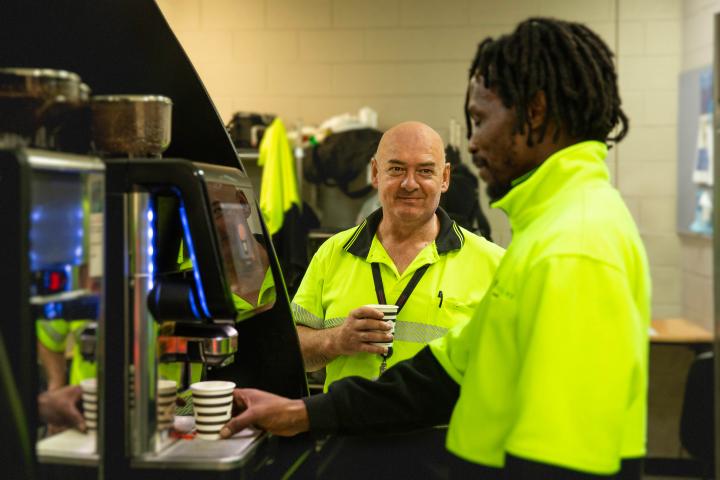Implementing a tailored risk-based approach across a broad workforce: Australia Post
Discover how Australia Post is actively protecting team members’ mental health, promoting positive wellbeing, and supporting team members experiencing mental health concerns.
- Transport, Postal and Warehousing
- All locations

- During 2020-21, Australia Post faced distinct challenges associated with bushfires, floods and the uncertainty of ever-evolving COVID-19 protocols.
- As an essential services business, Australia Post experienced a 40% increase in parcel volumes while operating within shifting COVID restrictions.
- Concerns for team members experiencing role uncertainty, significant changes in work demands and environments, and increasing customer aggression and physical safety concerns became a key focus.
- Collaborating with the People and Culture team, the Health and Wellbeing team implemented the WorkEsteem Psychosocial Safety Climate PRC-16™ Program to protect team members’ wellbeing.
- Australia Post paired its holistic, enterprise-wide strategy with a tailored risk-based approach for each People and Culture team.



